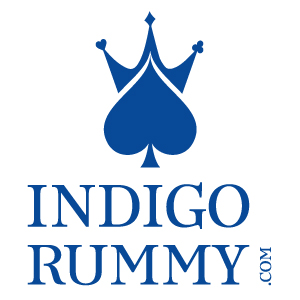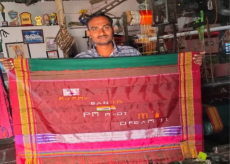India’s gaming revolution: Insights from Zupee founder Dilsher Malhi

Prepend to the content

In the latest episode of The Neon Show, Dilsher Malhi, founder of Zupee, discussed the changing world of casual gaming in India. Zupee, an online gaming company in the country, dominates the casual and board games segment with an important market share.
In the episode, Malhi highlighted the characteristics of the Indian gaming market, emphasizing that the country is primarily mobile-centric due to the lack of console penetration. He estimated that India will soon have between 500 to 600 million gamers, half of whom engage in online gaming if they own a smartphone. The market is divided into free-to-play and pay-to-play segments, with the former including popular games like Candy Crush and Ludo King, which monetize through advertisements and in-app purchases.
Despite the user base, the revenue per user in India remains low compared to Western markets, largely due to lower ad rates and a nascent culture of in-app purchases. Currently, only about 1% of gamers pay for content, with most transactions being minimal. This behavior is more prevalent among the top level of gamers.
A portion of the discussion centered on the legal landscape, distinguishing between games of skill and games of chance—a critical differentiation in the Indian market. Malhi explained the importance of skill-based games being legally permissible.
Malhi echoed Prime Minister Narendra Modi’s vision of gaming being an important part of India’s trillion-dollar digital economy. He stressed that gaming’s ability to engage and entertain can drive economic growth, potentially leading to the emergence of other industries.
Reflecting on his background and personal journey, Malhi shared insights into the psychological and philosophical underpinnings that guide his approach to the gaming industry. He emphasized the necessity of both regulatory frameworks to ensure responsible gaming and the potential of technology, such as AI and blockchain, to address industry challenges.
Zupee’s growth, with the 100 million registered users and leadership in the casual gaming pay-to-play segment, was a focal point in the discussion. Despite regulatory challenges, Zupee remains profitable, having raised $130 million and continuing to innovate under cultural tenets that prioritize first-principle thinking and robust business models.
The post India’s gaming revolution: Insights from Zupee founder Dilsher Malhi appeared first on G2G News.



